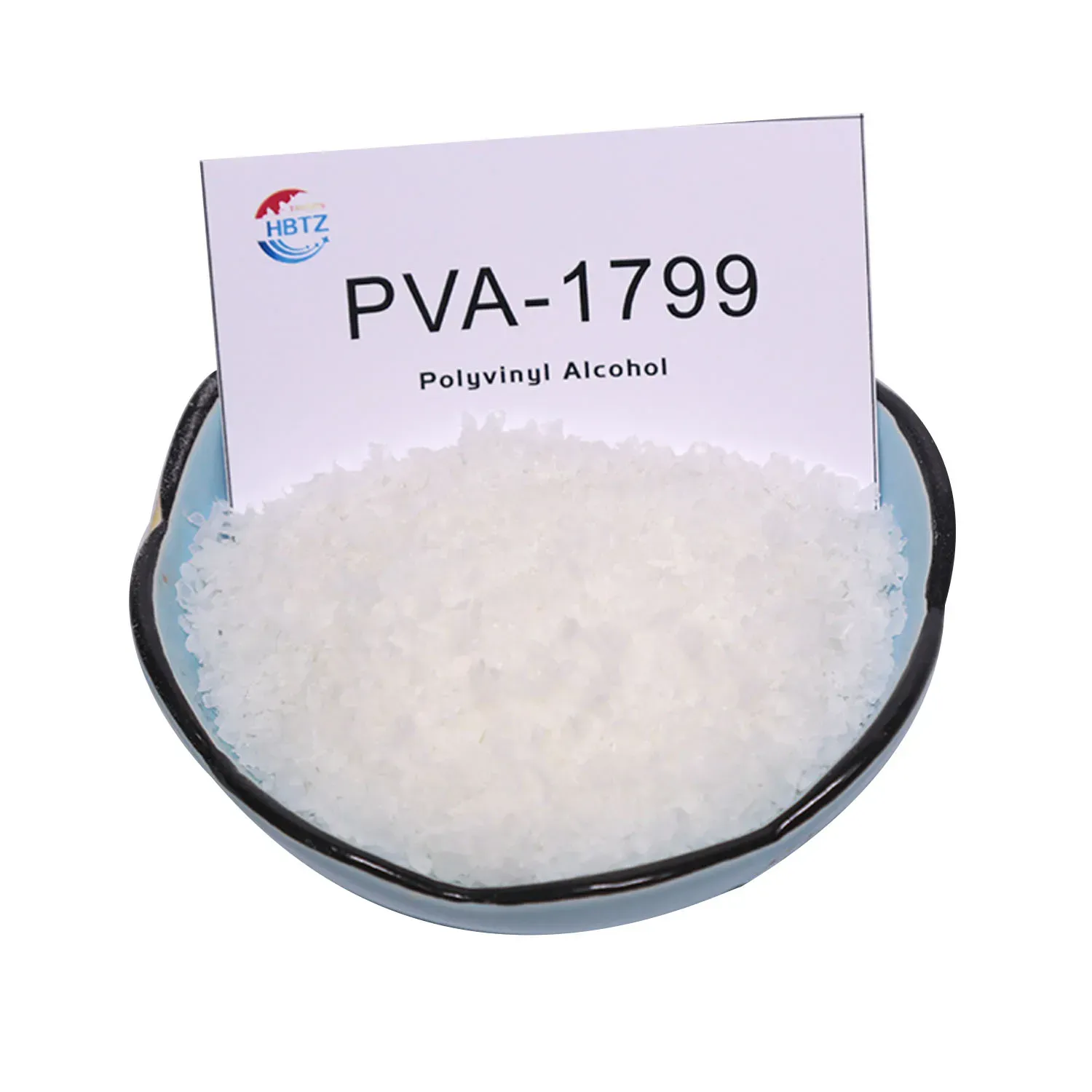
Polyviny Alcohol Supplier: High Purity, Competitive Price
Polyviny Alcohol is a key solution in the manufacturing industry, specifically within Chemical raw material and chemical product manufacturing industry and Synthetic resin manufacturing. This article explores how Hebei Tangzhi Technology Co., Ltd. supports professionals with durable, high-performance products, and explains why this product is an ideal choice for businesses in these sectors.

Table of Contents
- Polyviny Alcohol Overview
- Benefits & Use Cases of Polyviny Alcohol in Synthetic resin manufacturing
- Cost, Maintenance & User Experience
- Sustainability & Market Trends in manufacturing
- Conclusion on Polyviny Alcohol from Hebei Tangzhi Technology Co., Ltd.
Polyviny Alcohol Overview
Polyviny Alcohol (PVA) is a water-soluble synthetic polymer prized for its film-forming, emulsifying, and adhesion properties. In the Chemical raw material and chemical product manufacturing industry—especially Synthetic resin manufacturing—PVA functions as a protective colloid, binder, and stabilizer that enhances process control and end-product performance. Typical industrial grades span a wide range of degrees of polymerization (DP ~300–3000+) and hydrolysis levels (partially hydrolyzed ~87–89%, fully hydrolyzed ~98–99+%), enabling formulators to balance solubility, viscosity, and film strength. Common viscosity grades (e.g., 4–60 mPa·s in a 4% aqueous solution at 20°C) support applications from emulsion polymerization to specialty adhesive formulations.
- In resin systems, PVA’s hydroxyl functionality delivers strong hydrogen bonding, excellent water retention, and low-foam processing. Its clean dissolution and consistent viscosity profile aid reproducibility at scale.
- Representative specs include low ash content, neutral pH, narrow DP distribution, and low residual monomer—key to stable emulsions and uniform particle size.
- Hebei Tangzhi Technology Co., Ltd. supplies tightly controlled PVA grades engineered for industrial consistency, backed by application support and dependable lead times for global B2B buyers.
Benefits & Use Cases of Polyviny Alcohol in Synthetic resin manufacturing
In Synthetic resin manufacturing, Polyviny Alcohol serves as a protective colloid and stabilizer in the emulsion and suspension polymerization of systems such as vinyl acetate, VAE, and other vinyl monomers. It promotes uniform particle size distribution, reduces coagulum formation, and supports higher solids, which can streamline downstream filtration and drying. PVA is also integral to producing PVB intermediates and high-clarity films where tensile strength and barrier performance matter. In construction chemistries, PVA enhances mortar and PVA cement formulations—often searched as “pva cement”—improving adhesion, water retention, and crack resistance without increasing VOCs.
- Competitive advantages: consistent viscosity grade control, fast and dust-minimized dissolution, strong film integrity, and compatibility with waterborne systems—key for low-VOC product lines.
- Application examples: protective colloid in PVAc/VAE emulsions, binder in paper and packaging coatings, additive in cementitious systems, and film former in agriculture and water-soluble packaging.
- Hebei Tangzhi Technology Co., Ltd. brings sector expertise, helping formulators select the right hydrolysis/DP combination to meet processing targets and product specifications.
Cost, Maintenance & User Experience
Total cost of ownership for Polyviny Alcohol hinges on throughput, yield stability, and quality consistency. Reliable PVA grades can reduce off-spec batches, lower plant downtime due to fouling, and enable higher solids—improving ROI across polymerization lines. For procurement teams monitoring the polyvinyl acetate price, pairing stable PVA supply with PVAc value chains can buffer formulation costs and safeguard margin. Users appreciate Hebei Tangzhi’s technical support, which helps optimize dissolution (e.g., staged addition at 80–90°C with efficient agitation), mitigate foam, and shorten hydration time.
- Durability and shelf life: moisture-protected packaging and proper storage extend usability, limiting waste. Clean-handling, low-dust granules improve operator safety and reduce cleanup costs.
- User feedback from the Chemical raw material and chemical product manufacturing industry highlights smoother emulsions, predictable viscosity build, and easier scale-up from pilot to commercial runs—key drivers of lifecycle value.
Sustainability & Market Trends in manufacturing
Waterborne chemistries continue to lead growth as manufacturers prioritize low-VOC, high-performance materials. Polyviny Alcohol aligns well with these priorities thanks to its water solubility, film-forming ability, and compatibility with solvent-free systems. Regulatory momentum around emissions, worker exposure, and end-of-life considerations supports a shift to safer, more energy-efficient processes—an environment where PVA-enabled emulsions and binders excel. Additionally, demand from packaging, construction, and coatings underscores the strategic value of dependable PVA supply amid evolving standards.
- Hebei Tangzhi Technology Co., Ltd. positions customers for sustainability gains by supporting water-based formulations, optimizing dissolution to reduce energy use, and promoting quality consistency that minimizes waste and rework.
- As B2B buyers benchmark polyvinyl alcohol manufacturers, Tangzhi’s application guidance and reliable logistics help de-risk transitions to greener, compliant product lines without sacrificing performance.
Conclusion on Polyviny Alcohol from Hebei Tangzhi Technology Co., Ltd.
Polyviny Alcohol delivers measurable value across manufacturing, Chemical raw material and chemical product manufacturing industry, and Synthetic resin manufacturing through its stabilizing, binding, and film-forming capabilities. Hebei Tangzhi Technology Co., Ltd. supports B2B decision makers with consistent grades, practical application support, and dependable supply—helping improve process stability and product performance. Ready to optimize your formulations?
- Contact us: email: admin@tangzhicellulose.com
- Visit our website: https://www.tangzhihpmc.com
-
Reliable Powdered Cellulose Supplier: Quality, Sustainability & InnovationNewsNov.24,2025
-
Find Trusted Microfibrillated Cellulose Suppliers for Sustainable Industrial SolutionsNewsNov.24,2025
-
Leading Methocel Suppliers: Quality, Innovation & Sustainability in Methylcellulose SupplyNewsNov.23,2025
-
Reliable Hydroxyethylcellulose Suppliers for Industry & Sustainability | Tangzhi HPMCNewsNov.23,2025
-
Top Ethyl Cellulose Supplier – Quality, Sustainability, and Industrial SupportNewsNov.23,2025
-
Trusted CMC Powder Suppliers for Food, Pharma & Industrial Use | Tangzhi HPMCNewsNov.22,2025





















